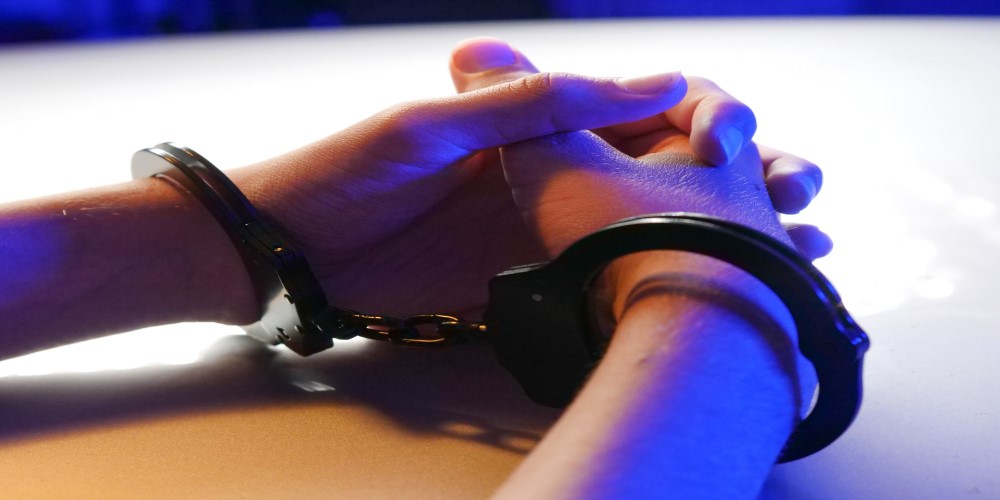A criminal trial is a serious event. It involves a person accused of a crime. They stand before a court. The court decides if they are guilty or innocent. Here’s what you can expect during such a trial and a broad idea on how long sentencing take generally.

Before the Trial Begins
Before the trial, there’s an arrest. The police arrest the person suspected of the crime. They read them their rights. This includes the right to remain silent and to have a lawyer.
Next, there is a ‘booking.’ This is when the police write down the suspect’s information. They also take a photo and fingerprints. Then, there’s a bail hearing. A judge decides if the suspect can go home before the trial. They might have to pay money, called bail, to ensure they return for the prosecution.
The Arraignment
The first court event is the arraignment. This is when the suspect hears the charges against them. They must say if they are guilty or not guilty. If they say they are not guilty, the trial process begins.
Pretrial Motions
Both sides can make pretrial motions. These are requests made to the judge. They might ask for specific evidence to be excluded. Or, they might want the trial moved to another location.
The Jury Selection
A jury is a group of people who decide if the accused is guilty. These people are chosen from the public. Both sides can ask them questions. This is to make sure they can be fair and unbiased.
The Opening Statements
The trial begins with opening statements. This is when each side tells their version of what happened. The prosecution goes first. Then, the defense presents its case.
Presenting the Evidence
The prosecution presents evidence first. Evidence can be things like photos, items, or witness testimonies. They try to prove that the accused committed the crime. The defense then presents its evidence. They try to create doubt about the prosecution’s case.
The Cross-Examination
After a witness testifies, the other side can ask them questions. This is called cross-examination. It’s a way to challenge what the witness said.
Closing Arguments
After all the evidence is presented, each side makes a closing argument. They summarise their case. They try to convince the jury to decide in their favor.
Jury Deliberation and Verdict
The jury then discusses the case. This is called deliberation. They decide if the accused is guilty or not. If they can’t agree, it’s a hung jury. The trial should be done again. When they decide, they give their verdict. This is the final decision. The accused is found guilty or not guilty.
Final Words
In conclusion, a criminal trial is a significant event in the legal system. It involves a person being accused of a crime and facing a court to determine their guilt or innocence. Understanding the various stages of a trial, from arrest to sentencing, can help individuals navigate the process.
It is important to remember that everyone is presumed innocent until proven guilty, and the trial aims to ensure a fair and just outcome. Individuals can better understand their rights and court proceedings by knowing what to expect during a criminal trial.
